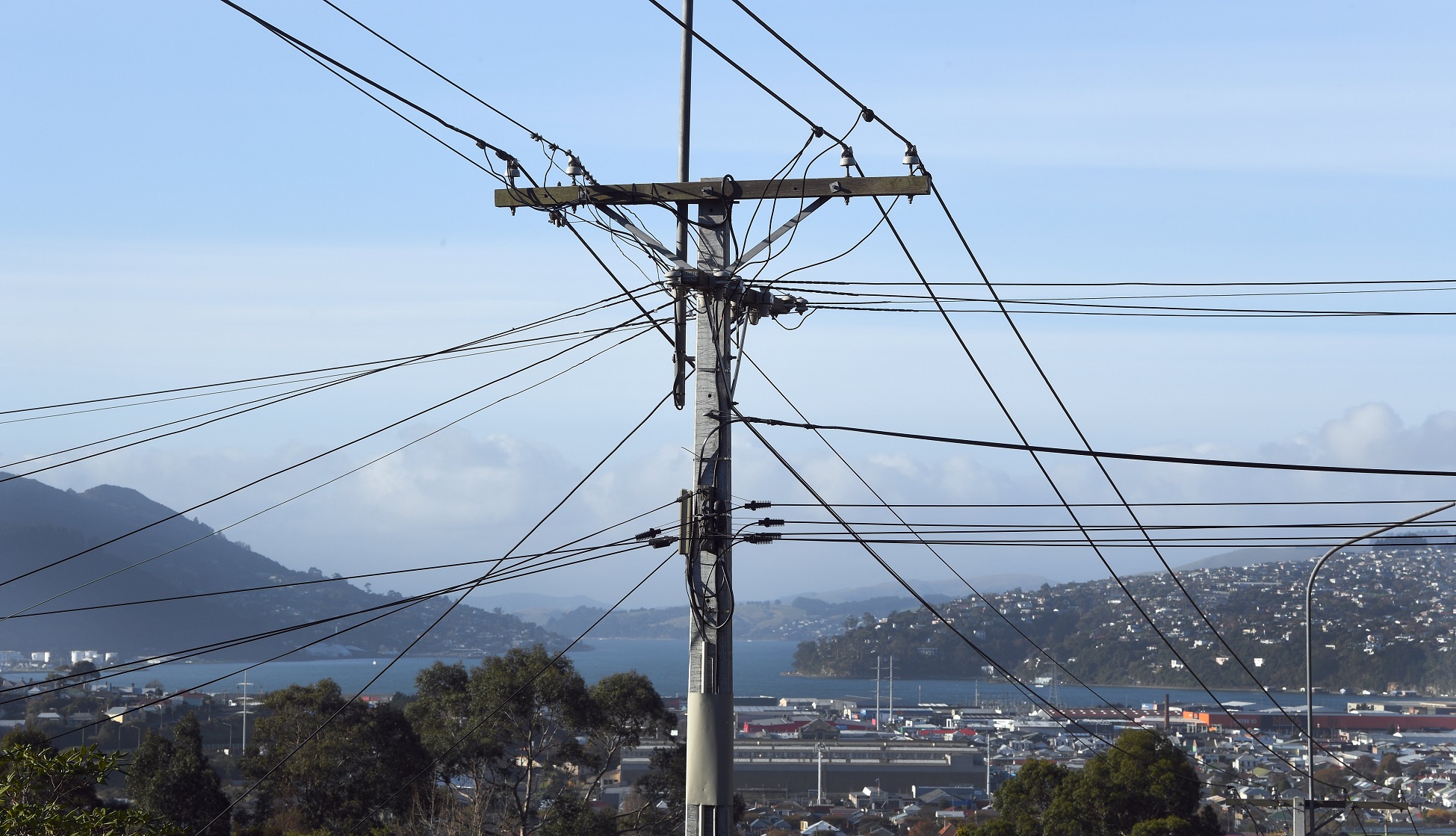
That could result in some households adjusting shower routines or shifting the times they use the dishwasher, to cut down on electricity usage around the breakfast period or in the early evening.
Aurora Energy is to bring in a system from April next year that will likely result in households being charged at different rates, depending on the timing of power usage.
It is to be phased in over five years.
However, many low users of electricity face rising costs regardless of their consumption patterns, because their fixed charges will continue to rise.
This would be offset by a lower variable rate.
Details about Aurora’s pricing plans, and precisely what mix of approaches might apply where, are not yet available.
The effect on customers also depends on how electricity retailers choose to pass on distribution charges.
However, Aurora has signalled it intends to provide incentives for customers to change their consumption patterns, because this could allow it to defer or avoid some growth-related network investments.
Uptake of electric vehicles is among other factors.
Aurora chief financial officer Gary Dixon said the company was working towards time-of-use pricing for residential customers.
"This will give people the opportunity to reduce their electricity bill if they can move their discretionary electricity use such as turning on the washing machine or dishwasher, or charging an electric vehicle, to off-peak times," Mr Dixon said.
"Reducing peak usage and spreading the loads on the network has the advantage of keeping prices lower for all customers in the longer term, by minimising the network investment that might otherwise need to be made.
"Electricity pricing is changing so it’s simpler and easier to understand, and better able to support New Zealand’s drive towards electrification and decarbonisation," Mr Dixon said.
Aurora signalled last year that it planned to recover a greater proportion of revenue from fixed charges.
The company said in a consultation document last year that network costs were being "over-recovered from high users and under-recovered from low users".
In September last year, the Government agreed to phase out a low-user fixed charge.
The Ministry of Business, Innovation and Employment has said the regulations are poorly targeted and they help some low-use households while pushing others into greater energy hardship, including many low-income families with high electricity use.
The tariff is being phased out over five years and the Government set limits on how quickly fixed charges can grow.












